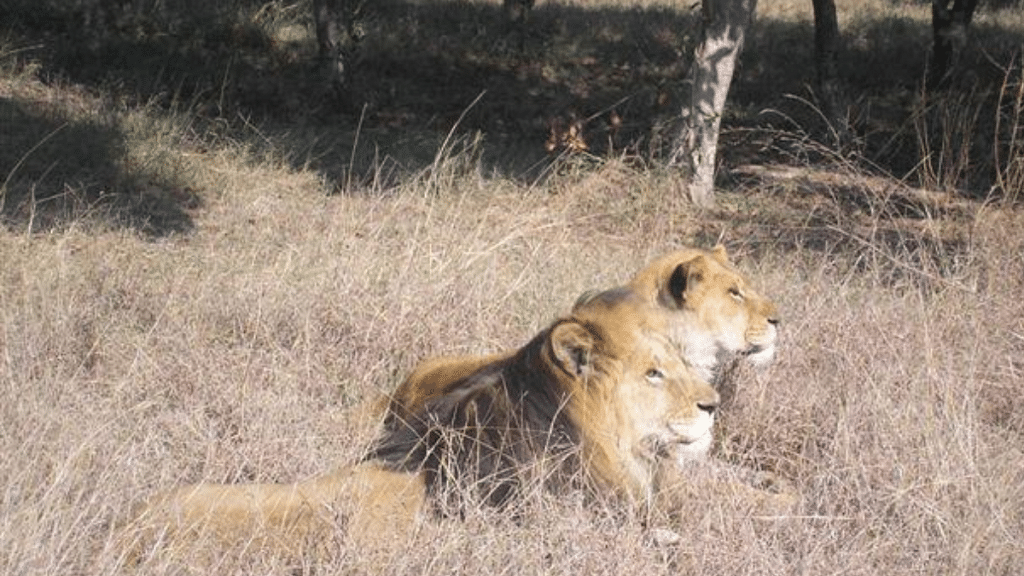Ahead of International Animal Rights Day on 10 December, Pakistan is set to release a special curriculum on animal rights at the primary level in private and public institutions. The country is known for its history of animal abuse. Prime Minister Shehbaz Sharif’s Strategic Reforms Unit announced the launch of this special course Saturday that includes lessons on treating animals well — especially strays — as well as on the responsibilities of pet parents. It will be implemented in Islamabad in the first phase.
The curriculum comes as a part of the recent animal welfare-related policies in Pakistan. The government enforced a comprehensive ban on testing and surgeries on live animals and announced a fine of PKR 15,000 and a jail term for animal cruelty offenders in June 2022.
The move to enforce the ban came weeks after several videos of veterinary students in Pakistan operating on live, unanaesthetised dogs went viral on social media. PETA (People for the Ethical Treatment of Animals) reacted by sending a flurry of urgent letters to the Ministry of Federal Education and Professional Training and Strategic Reforms head Salman Sufi. PETA demanded a ban on harmful and unnecessary veterinary training exercises on animals and recommended the use of simulation models.
Shalin Gala, vice-president of PETA, while hailing Pakistan’s ‘landmark’ reforms, said: “We look forward to our upcoming meeting with him [Salman Sufi] to discuss further critical reforms in biomedical research and training that will spare animals’ lives and benefit patients alike.”
Also read: Elections to auctions—lions are Pakistan’s obsession. But without welfare concerns
History of animal cruelty
In August, after heavy condemnation from various animal rights activists and the World Wildlife Fund (WWF), Lahore Zoo canceled plans to auction 12 lions to private buyers. Besides being ‘status symbols’ for the elites, exotic wildlife is used as props in social media videos, movies, and photoshoots. This has led to multiple incidents of ill-treatment of animals both by owners and zoos.
Videos of starving lions at Karachi Zoo were circulated in Pakistani media in 2021, highlighting the lack of food for the animals. The videos prompted immense outrage, with many questioning the Karachi Metropolitan Corporation (KMC)’s responsibility in the matter.
After the incident, animal rights activist Ayesha Chundrigar — founder of Karachi-based NGO ACF — demanded an end to zoo culture and suggested that all the animals be protected in wildlife sanctuaries or moved abroad where they can be free.
In the past, videos of zookeepers in Pakistan lighting a fire in the lions’ cage to force the animals into another cage also went viral. The WWF criticised the administration heavily.
Culling of dogs has also been rampant in Pakistan, with municipal administrations in various cities like Sindh poisoning and shooting stray dogs. While the practice was banned last year, and elaborate plans were made for the vaccination and neutering of the animals, implementation was poor.
Salman Suf told Dawn: “Basically, the point of adding the curriculum about animal welfare and animal well-being in children’s textbooks, [as per] the direction of the PM, [was] because he was concerned about the growing intolerance in society. It is very important that our children learn compassion and tolerance that, unfortunately, our generation does not [have].”
(Edited by Humra Laeeq)
